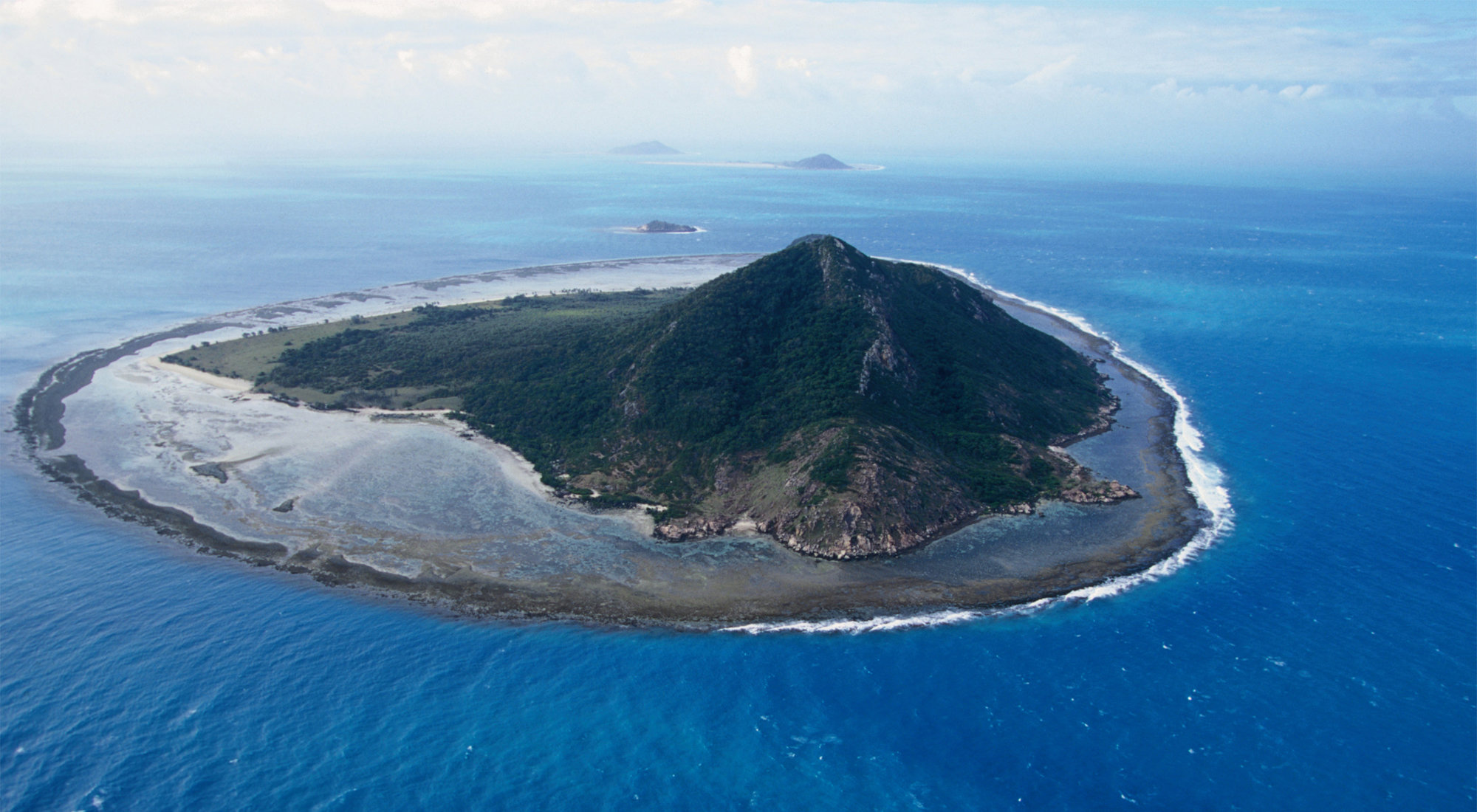Argentina's economic transformation will offer new opportunities and challenges
Argentina will continue to see the macroeconomic transformation present in 2024, marked by lower inflation, a recalibrated exchange rate and a decrease in country risk, which will translate into a revaluation of Argentine bonds and stocks. The new government's commitment to deregulation will continue, especially in the insurance sector, encouraging greater economic freedom and eliminating foreign exchange restrictions. However, the local market is facing an insolvency crisis, which has led to the adoption of precautionary measures by the Argentine Insurance Regulator, whose possible solutions include mergers and acquisitions, portfolio transfers or liquidation. Despite these challenges, Argentina's sectors with the greatest potential - agriculture, energy and mining - are ripe for investment, especially in specific insurance products. The agricultural sector, in particular, may see growing interest in parametric insurance as a viable risk management solution, in line with the country's changing economic landscape.
Brazil: The Insurance Bill will change the legal landscape for the Brazilian local market
In an extremely significant development for the insurance market, the Insurance Bill (No. 29/2017) will revoke the current chapter in the Brazilian Civil Code dealing with insurance and will regulate insurance, reinsurance and brokerage through separate legislation. The Bill was approved in the Brazilian Senate in June 2024 and sent to the Chamber of Deputies for final validation under an urgency regime. One of the main changes brought in by the draft legislation relates to claims adjustment. Insurers will have to conclude claims adjustment in 120 days for large risks and 30 days for mass risks. Failure to meet this requirement would preclude the right to reject the claim. In addition, early liquidated damages should be paid within 30 days of receipt of documentation; in cases of denial, the claim adjustment report should be disclosed to the insured. Another significant change relates to limitation. The limitation period for insurance, reinsurance and retrocession claims would be one year. Finally, for reinsurance, silence from reinsurers as to whether they accept or reject the reinsurance proposal from the cedant will be deemed as acceptance after 20 days.
Brazil: The creation of a climate authority may aggravate exposure to fines and penalties associated with deforestation and environmental regulation
In 2024, Brazil faced severe environmental events. In April, the southern state of Rio Grande do Sul endured floods lasting several weeks and affecting 478 cities and an estimated 2.3 million people. Direct property damage to housing, businesses, airports, football stadiums, hospitals and seaports was estimated at BRL12 billion, with indirect damage and loss of profits still under discussion but estimated at BRL 90 billion. From July to September, wildfires in the northern states hosting the Amazon forest and an uncommon series of fires in the state of Sao Paulo were seen as a symptom of poor oversight by authorities and light penalties over criminal fires. In September, the Federal Government announced the creation of a climate authority and a scientific committee to articulate and enforce measures to mitigate and avert the causes of extreme climate events. In 2025, new regulations and legislation are expected to increase penalties and liabilities for environmental crimes, as well as reinforcing supervision. The recurrence of severe climate events is likely to impact underwriting and premiums for property insurance products.
Brazil: Changes in regulation will affect freight insurance costs and premium
Brazilian freight liability insurance regulation has been consolidated following a number of changes that started in June 2023. In October 2024, the Brazilian regulator enacted Resolution CNSP No. 472/2024, which provides that carriers’ liability insurance should be taken out by one single policy per carrier, extinguishing the possibility of further policies being taken out by cargo owners on behalf of the carrier. Previously, freight liability insurance was compulsory only for damage to cargo by road carriers resulting from collision, fire or explosion of the carrier's vehicle. Cargo owners would therefore purchase cover for disappearance of the cargo by theft or looting under their own insurance and waive subrogation rights against carriers conditional on compliance with risk management requirements. As a result of the new, mandatory freight liability insurance for cargo disappearance, carriers and cargo owners will need to negotiate where the burden lies for the increase in costs on carriers.
Chile: Cyber losses are expected to increase in Chile
During 2024, a new law on cybersecurity and critical infrastructure was enacted. It is the first of its kind in Latin America, aimed at bolstering Chile's cybersecurity for organisations in scope through risk management; security standards for the prevention, containment and resolution of incidents; and sanctions that will vary depending on the risk and size of the organisation. The notification requirement will have the greatest impact on both the local insurance market and reinsurers, as non-compliance can lead to fines up to US$ 1,500,000. With this new law in place, we are already seeing demand for cyber insurance coverage grow and it will continue to do so into 2025.
Colombia: Cyber insurance will see significant growth in Colombia
The demand for cyber insurance in Colombia will rise sharply due to the increase in cyberattacks and the digitalisation of business. In the coming years, companies will face higher risks related to data protection and security incidents, driving insurers to diversify their offerings in this area. This growth will be key to covering new technological vulnerabilities and ensuring business continuity.
Colombia: Private health insurance will expand as pressure on public system grows
The private health insurance market in Colombia will grow rapidly due to the strain on the public health system. With more people seeking faster, specialised medical care, private insurance will become an increasingly attractive alternative. Insurers will be motivated to create more flexible, affordable products, tailored to the needs of different segments of the population.
Colombia: Parametric insurance will gain ground amid rising extreme weather events
Parametric insurance, which uses predefined indices for weather events like rain or earthquakes, will become more popular in Colombia as natural disasters increase. Agriculture and other sectors exposed to environmental risks will turn to this type of insurance due to its quick processing and payment.
Colombia: Increasing adoption of technology will boost demand for Tech E&O policies
Interest in Tech E&O (errors and omissions) insurance policies will grow in Colombia, particularly among software companies, startups and technology consultancies. As more businesses rely on digital solutions, the risks associated with service failures, software errors and contractual breaches become critical. Insurers will see increased demand for these specialised policies to protect companies from potential litigation and financial losses due to errors in their technology products and services.
Mexico: Digital transformation and emerging technologies will be key to the underwriting process
There is an expectation of widespread adoption of technologies such as artificial intelligence and predictive analytics in product customisation to improve risk assessment and optimise claims management. The main objective for insurers' operations is to use these technologies to improve their operational efficiency and customer experience.
Mexico: Insurtechs will impact insurance penetration in Mexico
The emergence of technology startups in the insurance sector will continue to grow, driven by the need for innovation in insurance distribution in response to the growing insurance culture in the Mexican market. We anticipate that they will offer more accessible products tailored to the specific demands of consumers, especially in life and health insurance, and additional coverage through affinity products.
Mexico: Climate change will drive specific insurance products
Climate change and the occurrence of claims will continue to be a driving factor for the insurance market in Mexico. While historically the underwriting appetite for property and hydro-meteorological risks was limited to certain geographic areas, we believe that the need to develop specific products to manage risks arising from extreme and/or catastrophic weather events (especially hurricanes, floods and earthquakes) will increase.
Mexico: Constitutional reform of the judiciary will bring challenges
Insurers will face challenges arising from the new constitutional reform of the judiciary. The implementation of the reform and its actual impact will depend on many factors. There is still much uncertainty as the legislative initiatives are still being discussed within the Mexican Congress. However, we anticipate that the election of judges by popular vote is likely to result in a proliferation of judicial rulings that could potentially increase insurers' exposure.
Peru: Development of the port of Chancay will be a catalyst for insurance growth
The Chancay port, planned to become the main commercial hub between Latin America and Asia, is expected to boost the insurance market in Peru significantly. With investments estimated at more than US$ 3.6 billion, its capacity to receive vessels with up to 18,000 TEU's (containers) will reduce transport times between Peru and China. In addition to its impact on maritime trade, the Chancay project has generated collateral investments in infrastructure, including hotels, clinics and transport routes, such as the bioceanic train line between Peru and Brazil. These new investments will demand an increase in property, casualty, life and health insurance, which will cover everything from port infrastructure, such as cranes and docks, to workers and related services. The need for insurance in this sector is expected to grow significantly over the next five years, benefiting insurance companies that adapt their products to the new needs of global trade and Peru's growing infrastructure.




